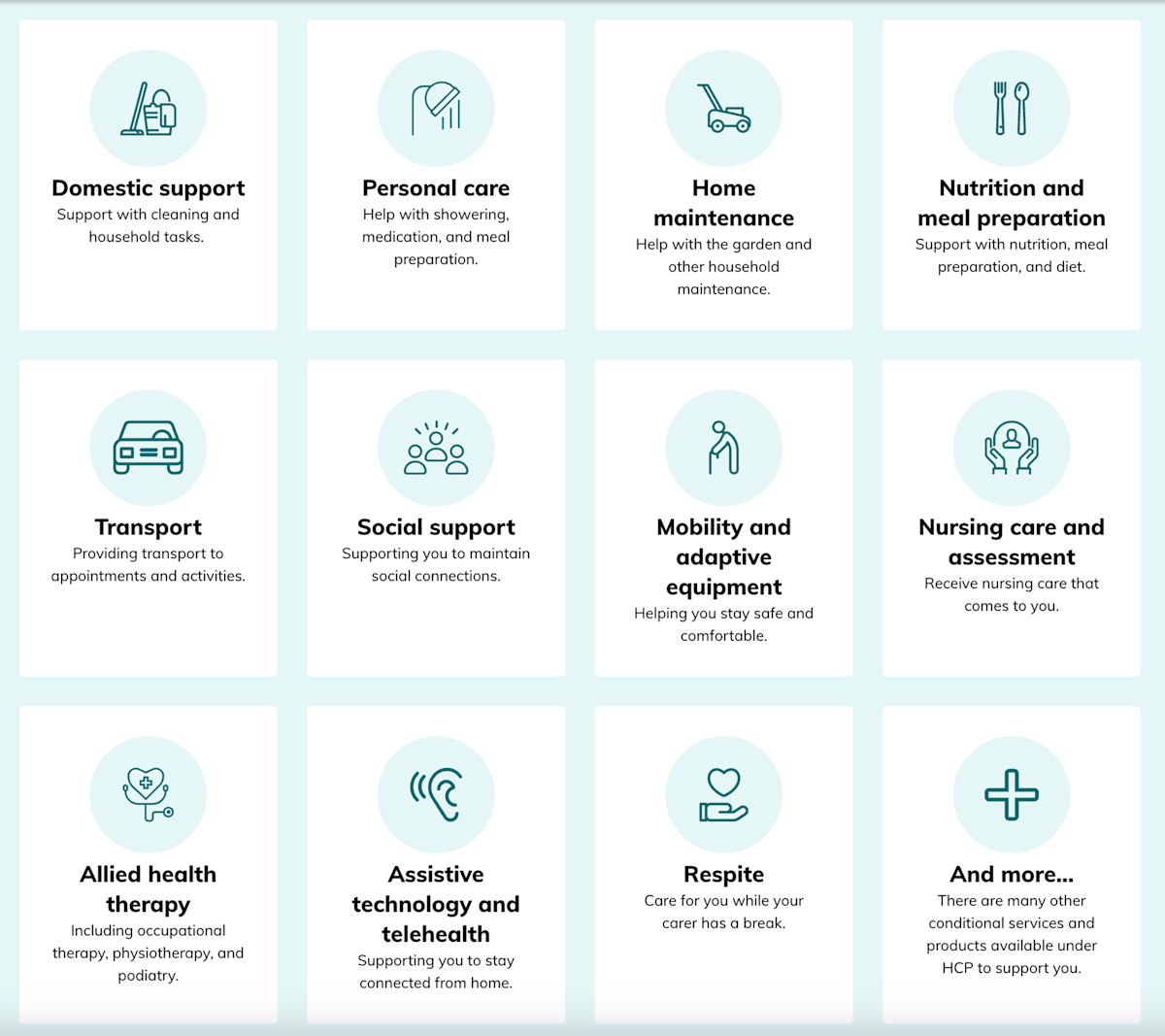Unexpected gains of quality support at home
Unexpected gains of quality support at home
Blog Article
Everything About Home Care Solutions for People With Disabilities: NDIS Registered Assistance
Home care services under the NDIS play a critical role in sustaining individuals with impairments. These services are created to boost daily living with customized support, varying from personal care to mobility support. Understanding how to navigate these options can be complex. This review discovers the various facets of NDIS home care, from available solutions to the option of providers, highlighting vital considerations for those looking for support. The journey toward equipped treatment begins here.
Recognizing the NDIS and Its Objective
The National Special Needs Insurance Coverage Scheme (NDIS) works as a transformative framework created to offer support and solutions for individuals with handicaps. Established to improve the high quality of life and assurance equitable accessibility to essential resources, the NDIS empowers individuals by offering customized strategies tailored to their distinct needs. It aims to promote self-reliance, making it possible for people to seek their personal goals and aspirations.Through a structured method, the NDIS assigns funding for different supports, including education, work assistance, and area participation. This all-encompassing system not only concentrates on immediate care yet additionally stresses lasting developmental end results. By promoting option and control, the NDIS encourages participants to choose their recommended solution companies, ensuring that treatment lines up with their choices and values. Ultimately, the NDIS stands for a substantial commitment to improving the lives of individuals with impairments, cultivating inclusivity, and constructing a more encouraging society.
Sorts Of Home Care Solutions Available
Various kinds of home care solutions provide to people with specials needs, mostly concentrating on individual care aid and break treatment options. Individual treatment support provides crucial support with daily tasks, while respite treatment supplies momentary relief for key caretakers. Understanding these services is vital for ensuring the wellness of both people with impairments and their households.
Personal Treatment Help
While maneuvering day-to-day live can provide challenges for individuals with disabilities, personal treatment assistance uses crucial support customized to their one-of-a-kind requirements. This kind of home care service incorporates a range of tasks created to advertise self-reliance and boost lifestyle. Individual treatment assistants aid with day-to-day jobs such as showering, dressing, grooming, and toileting, making sure individuals preserve individual hygiene and convenience. They might also assist with meal prep work, medication administration, and flexibility support. By providing individualized treatment, these professionals equip individuals to engage more fully in their everyday regimens and social tasks. Overall, individual care aid plays a considerable function in cultivating dignity and freedom for those with disabilities, allowing them to thrive in their home atmosphere.

Break Treatment Options
Break treatment functions as an essential source for households and caretakers of people with disabilities, providing short-lived remedy for the needs of daily caregiving. This type of solution can take numerous types, including at home break care, where trained specialists visit the home to aid with care tasks. Families may decide for facility-based respite treatment, where people get care in a specific atmosphere, allowing caretakers to take a break. Additionally, some organizations supply emergency situation break services for unforeseen conditions. These options not only assist ease caregiver tension yet also advertise the well-being of people with specials needs by offering them brand-new experiences and social communication. On the whole, break treatment plays a critical function in supporting both caretakers and those they care for.

Just How to Access NDIS Home Care Providers
Accessing NDIS home care services involves understanding the qualification standards stated by the National Disability Insurance Coverage System. People need to navigate an organized application procedure to secure the required assistance customized to their requirements. This section will certainly clear up both the qualification requirements and the actions entailed in obtaining solutions.
Qualification Criteria Clarified
To qualify for NDIS home care solutions, people must satisfy specific eligibility criteria that assess their situations and demands. First, applicants must be aged between 7 and 65 years and have a considerable and irreversible impairment that impacts their capacity to perform everyday activities. Furthermore, they should be an Australian citizen, a long-term homeowner, or hold a Protected Special Category Visa. The NDIS calls for proof of the disability, typically through clinical evaluations or records. Furthermore, people ought to demonstrate that they require assistance to take part in financial and social life. These criteria assure that solutions are directed in the direction of those that genuinely need help, promoting independence and boosted top quality of life for individuals with disabilities.
Application Refine Actions
Can I Choose My Own Support Workers Via NDIS?
The private inquired whether they could pick their own assistance workers under the NDIS framework. Typically, individuals have the versatility to choose support employees, fostering personalized treatment that lines up with their specific requirements and preferences.
What Occurs if My Demands Modification After Obtaining Assistance?
They ought to interact these changes to their service company if an individual's requirements change after getting assistance. Changes can be made to the treatment strategy, making certain that the support remains efficient and pertinent for their situations.

Exist Limits on The Amount Of Hours of Care I Can Receive?
The private asked about prospective restrictions on the variety of treatment hours received. Usually, such restrictions may exist based upon certain plans or funding arrangements, highlighting the relevance of examining arrangements and guidelines consistently.
Can I Utilize NDIS Funding for Home Adjustments?
The question of making use of financing for home modifications emerges regularly. Normally, individuals might make use of NDIS financing for required adjustments to their homes, making certain availability and safety and security, section upon meeting certain qualification criteria read this post here and guidelines.
How Do I Handle Complaints About My Home Treatment Providers?
To deal with problems regarding home care services, people need to first document their issues. After that, they can connect directly with their provider, seeking resolution, or rise the problem to relevant oversight bodies if required. Home care solutions under the NDIS play a crucial role in sustaining people with specials needs. Various types of home treatment solutions provide to individuals with impairments, largely focusing on personal treatment assistance and reprieve care options. home care package providers. Personal treatment assistance provides crucial assistance with daily tasks, while reprieve care supplies momentary relief for primary caretakers. Households may opt for facility-based reprieve care, where individuals receive care in a internet specific setting, enabling caretakers to take a break. How can households efficiently handle the monetary elements of home treatment solutions for individuals with handicaps?
Report this page